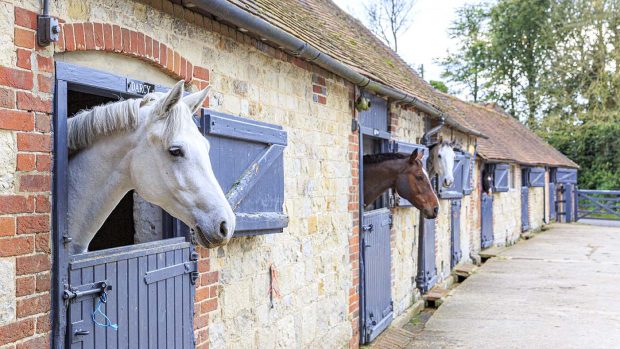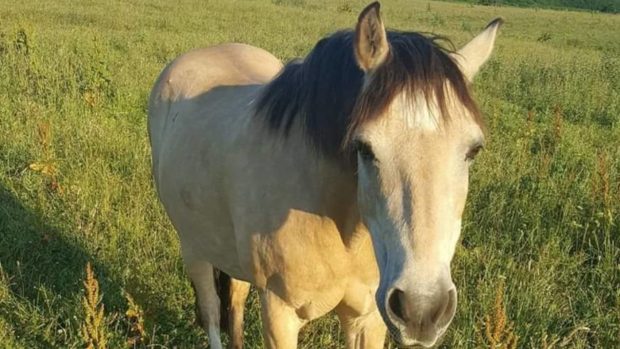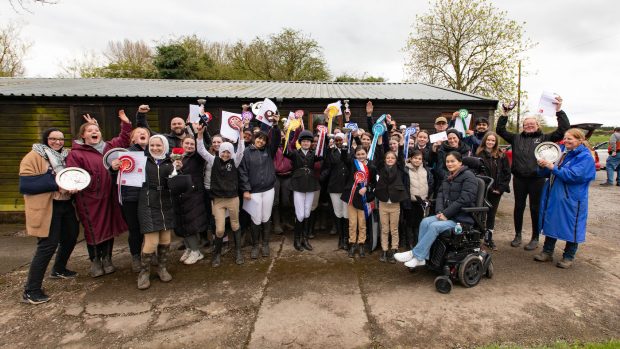An equine lawyer is urging riding schools not to be put off by the growing trend of “no win, no fee” legal challenges after two establishments successfully defended claims.
Clare Garnett from Berrymans Lace Mawer said she sees around a dozen cases a week from equine businesses.
“In the past, cases were often settled with ‘nuisance payments’ [payments without accepting liability rather than amassing legal costs],” she told H&H. “But the tide is turning. It’s worthwhile fighting.”
Last month (5 May) Richmond Park Riding School successfully defended a claim from a rider who fell and injured her arm.
The claimant, Dr Patricia Seyf, had ridden at the school before and signed a form indicating she was competent.
But on a supervised hack her horse veered and she fell.
The rider alleged she should not have been put on the horse, who was more skittish than the one she had previously ridden. But Richmond Park said she simply lost her balance and fell off — a risk inherent in riding.
Judge Freeland rejected the claimant’s evidence adding she was an “intelligent woman who signed a form accepting riding is potentially dangerous”.
And last October Beoley Equestrian Centre, Worcs, successfully defended a claim after a four-year-old child fell from a horse in 2006.
The claimant said the pony was unsuitable for her daughter and alleged negligence on behalf of the 16-year-old instructor, despite signing a rider registration form.
The trial judge rejected these claims, marking a change in cases involving children.
Ms Garnett added: “Traditionally, if a minor had an accident, they’d win, but this case has turned it around.”
Nigel Edmunds from Beoley said: “As riding schools we feel a bit victimised. If you’ve acted responsibly you should fight.”
“The main thing is to ensure your paperwork is in order,” stressed Ms Garnett. “Make sure releases are signed. If that’s done you’re halfway there.”
Julian Marczak of the Association of British Riding Schools added: “Riding schools have been far too vulnerable in being open to unsubstantiated claims being made against them in what
is openly described as a risk sport. But schools must continue to maintain first-class paperwork.”
This news story was first published in the current issue of Horse & Hound (16 June, 2011)





